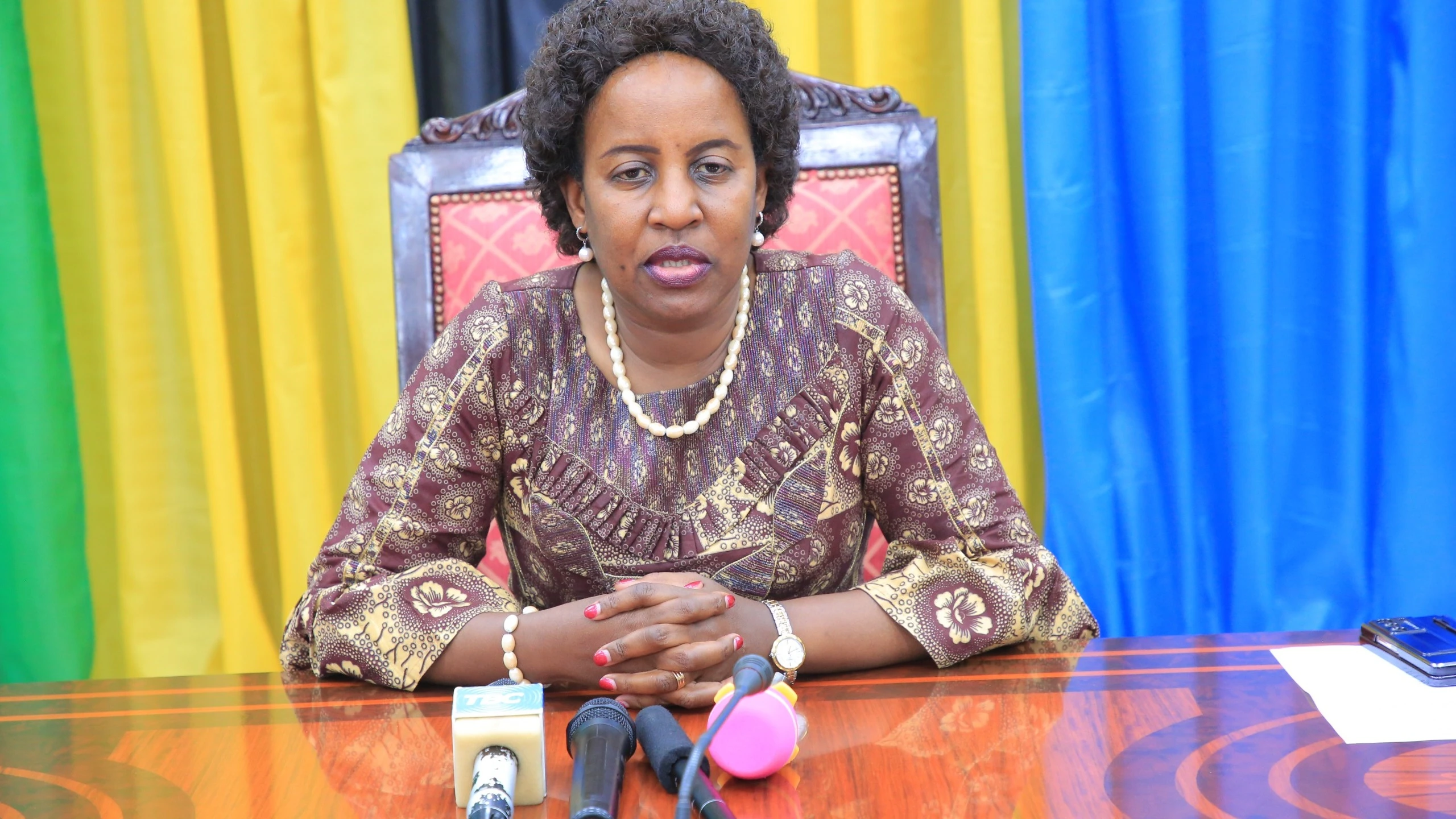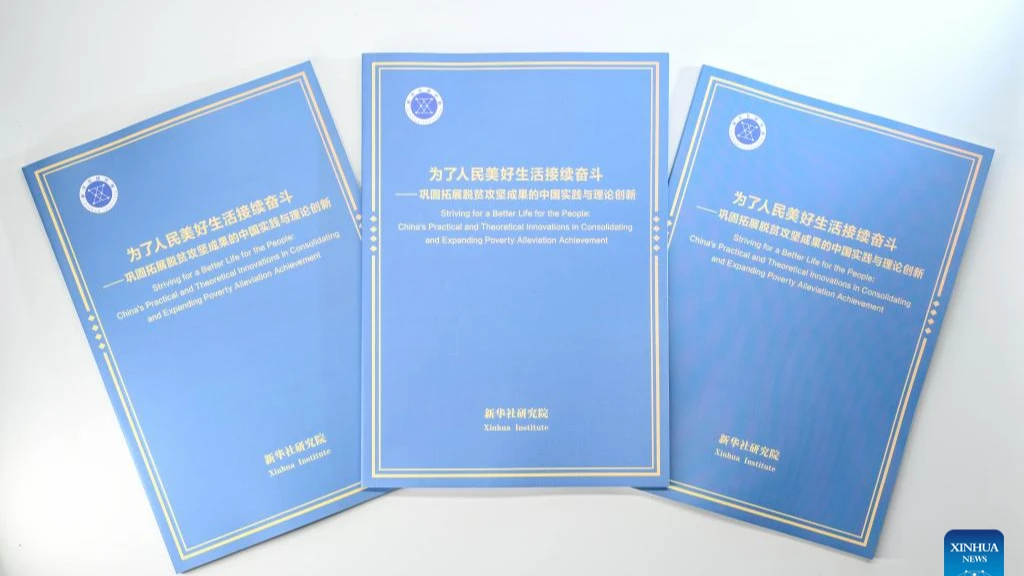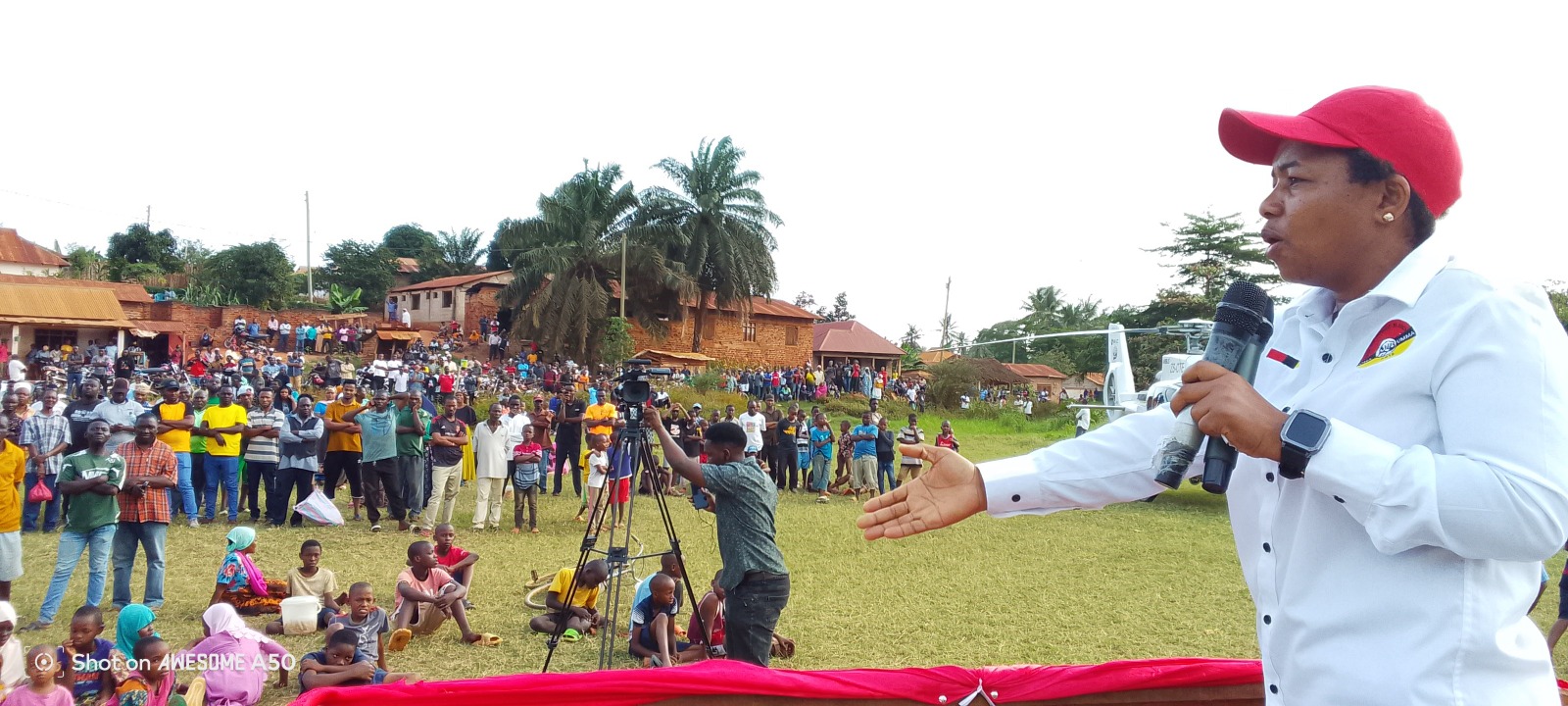USAID funding disruptions: Tanzania need alternative sources to offset reduced support

RECENT shifts in United States (U.S.) foreign aid policy have introduced significant uncertainties regarding the future of its international development assistance, primarily channelled through USAID.
According to the Economic and Social Research Foundation (ESRF)’s Policy Advisory titled “Reflections on U.S. Foreign Aid Shifts: Lessons for Tanzania’s Economic and Policy Adaptation,” prepared by D. Mushi in collaboration with James Kasindi, Richard Ngilangwa, and Senorine Libena, the 90-day suspension of development assistance programmes for a comprehensive review has raised concerns about its impact on global development and humanitarian efforts.
Over time, USAID’s contributions to Tanzania have been instrumental in reducing child mortality, preventing maternal deaths, and increasing access to healthcare.
A disruption in this funding could lead to the suspension of health programmes, mass layoffs, and economic downturns in aid-dependent regions. ESRF is assessing the immediate implications of a potential funding shutdown or reprioritization on Tanzania’s economy and development initiatives.
The freeze will have a devastating impact on employment, particularly in the NGO sector, with about 60 NGOs engaged in agricultural value chains alone. USAID-funded NGOs and programmes employ thousands of Tanzanians, and job losses could reduce consumer spending and economic activity.
Service providers with existing or pending contracts with USAID or its implementing partners may also be affected.
In 2024, the U.S. provided approximately $450 million in foreign assistance to Tanzania, focusing on health, education, agriculture, infrastructure, democracy, and economic development.
The aid suspension disrupts critical programmes, jeopardizing progress and threatening essential services. Programs like Afya Yangu Southern Project (2021-2026) and Kizazi Hodari Project (2023-2028) are at risk of closure, affecting vulnerable populations, including pregnant women, children, and people living with HIV/Aids.
Health sector impact
The suspension significantly threatens Tanzania’s health sector, particularly HIV/AIDS programs, maternal and child healthcare, and malaria prevention initiatives. These programmes, crucial to health outcomes, now face uncertainty.
USAID’s funding has played a key role in Tanzania’s health development goals, and its suspension could have a ripple effect across the sector, reducing capacity and impeding progress.
HIV/Aids accounts for approximately 70 percent of USAID’s health sector funding in Tanzania. Job losses among healthcare workers and programme staff will weaken the healthcare system, particularly in rural areas where these professionals support local economies.
The Tanzanian government may need to reallocate funds to HIV/Aids programmes, diverting resources from other essential sectors. The closure of USAID-funded clinics, termination of home-based care programmes, and disruption of services along the value chain pose serious risks to both recipients and service providers.
Education sector impact
USAID’s funding for education has declined from $25.2 million in 2021 to $11.5 million in 2024. Foreign aid has been crucial in supporting Tanzania’s education sector through infrastructure improvements, curriculum development, and teacher training.
The funding freeze could disrupt programs like basic education, research and development, scholarships, and vocational training, exacerbating existing challenges such as teacher shortages and declining learning quality.
A reduction in foreign aid may lead to larger class sizes, insufficient learning materials, and lower educational quality. Tanzania must explore alternative funding sources such as public-private partnerships, external borrowing, and increased domestic revenue generation to sustain progress in education.
Agriculture sector impact
Although agriculture receives less funding than health and education, U.S. assistance has supported smallholder farmers, climate resilience, and agricultural productivity.
The funding freeze threatens food security and could disrupt small-scale farmer support programs that rely on USAID funding for training, inputs, and infrastructure development.
Employment in rural communities along the agricultural value chain may also suffer, exacerbating poverty and economic inequality.
Programmes like Feed the Future ‘Tuhifadhi Chakula’, which aims to reduce post-harvest losses in horticulture, are at risk due to the funding freeze.
Mitigation strategies
A thorough impact assessment is essential to understanding the far-reaching consequences of the funding freeze on Tanzania’s economy, NGOs, affected communities, and on-going projects.
This includes identifying vulnerable sectors and populations requiring urgent support and evaluating the effectiveness of mitigation measures. Key areas of concern include economic growth, foreign exchange reserves, inflation, health and education sectors, and on-going development projects.
Managing the economic implications of the funding freeze requires diversifying foreign exchange sources to reduce exchange rate vulnerability.
Implementing currency stabilization measures, prioritizing essential health spending, allocating resources efficiently and ensuring financial transparency are critical strategies.
Engaging international partners for technical assistance can also provide valuable expertise and support during this challenging period.
Building resilience
To ensure the long-term sustainability of development projects, Tanzania must diversify donor sources, foster partnerships with international organizations and governments, and develop contingency plans for future funding disruptions.
Transparency and communication among donors, NGOs, and government agencies will facilitate collaboration and coordination. Encouraging collaborative funding initiatives and resource pooling can further leverage resources and expertise, strengthening donor support resilience.
The suspension of U.S. foreign aid presents a critical juncture for Tanzania, requiring swift and strategic economic adjustments. To navigate this challenge, Tanzania must prioritize long-term sustainability by diversifying funding streams, strengthening institutional capacity, and fostering a self-sufficient economy.
Additionally, proactively engaging with other key donors to assess funding implications and adjust development financing strategies can help minimize risks and create opportunities for diversified and sustainable funding.
Top Headlines
© 2025 IPPMEDIA.COM. ALL RIGHTS RESERVED

























